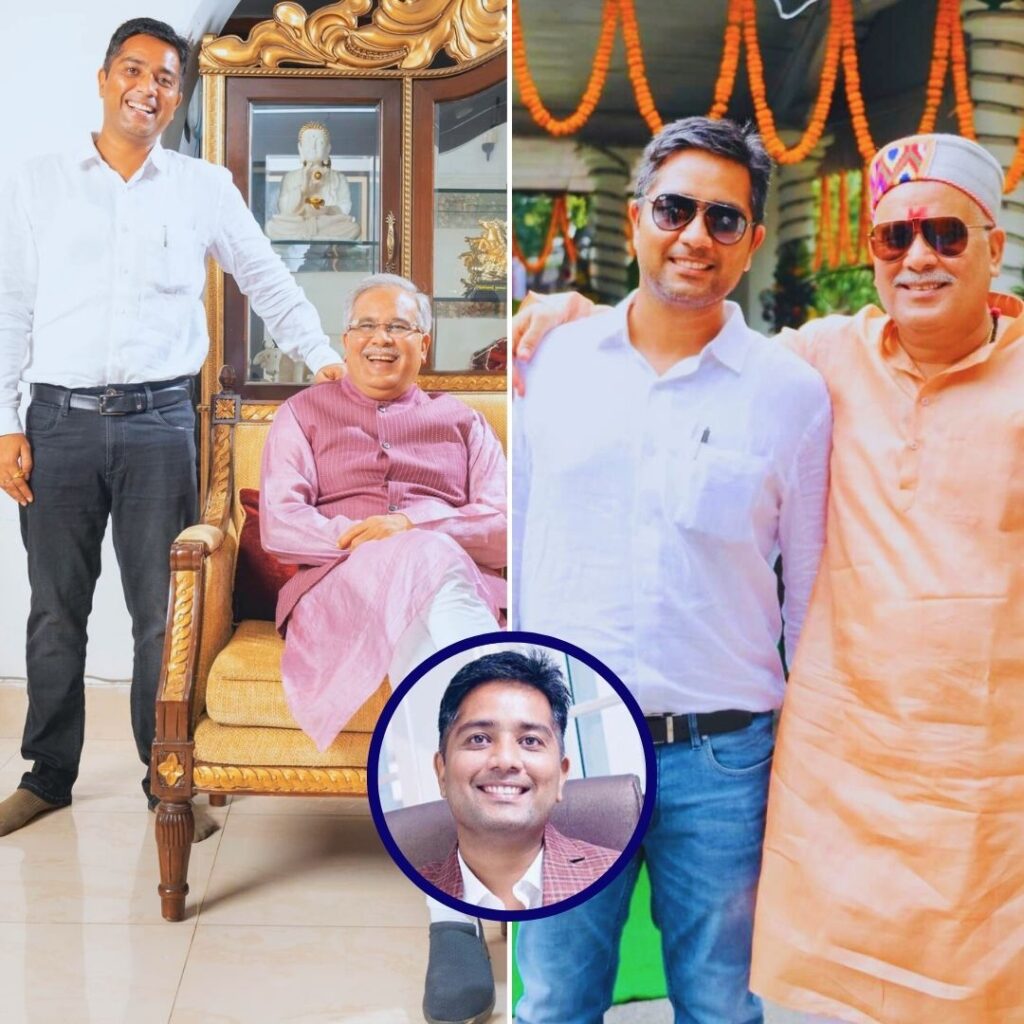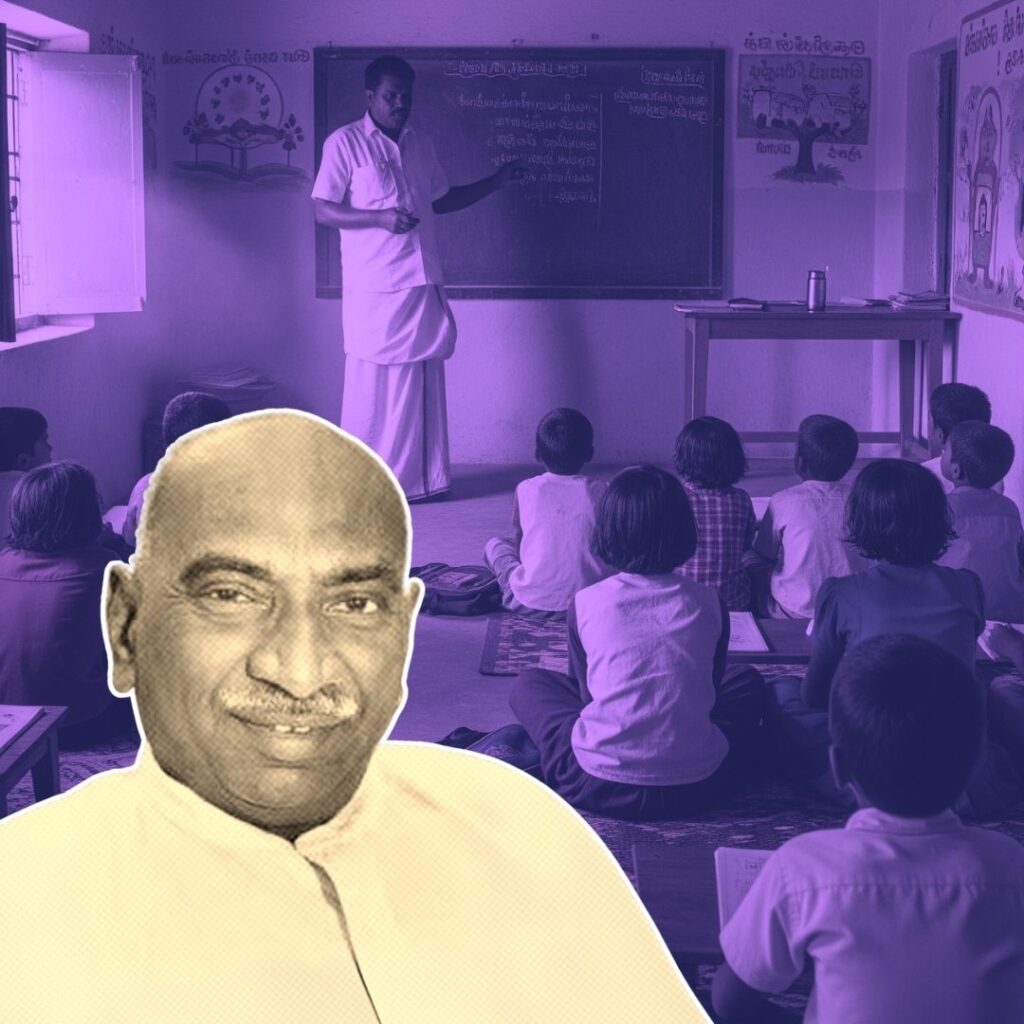Jagdamba Camp is one of the largest slum clusters situated in South Delhi’s Malviya Nagar with twenty-five to thirty thousand residents. As one walks inside the camp, one finds narrow lanes which are defined by poor sanitation, water and electricity facilities and very little access to air and the sun. It is settled around a huge drain spreading foul smell and infection. One finds young girls and women carrying pots of water for their daily household chores and loud music being played all the time. The residents are mostly first generation migrant workers who have shifted to Delhi for better work opportunities.
Most often four-five family members live in a small room which is also a kitchen, eating and a sleeping area. They are part of the marginalised and neglected community and very often remain invisible to the outside life. The village is situated opposite the posh Saket Select City Walk. Most often for the residents living in this community, it remains a dream even to go to the mall.
In India, girls and women face difficulties such as restricted access to education. Most often girls are not encouraged to study and work due to socioeconomic and cultural reasons. However, those that belong to the lower disadvantaged groups are further suppressed and discriminated.
A girl child is still not preferred in many parts of the country. We continue to hear incidents of forced child marriages, female foeticide and infanticide and dowry deaths. Women are still not allowed to participate in decision making and have limited access to opportunities and economic participation. As a society, we need to educate young girls and motivate them to become empowered so that they doesn’t have to go through the discrimination like their mothers.
The girls living in the camp are forced into an early marriage which results in shattering their aspirations. There are those who are curious and want to learn new things and aspire for a better life. One finds girls as young as nine years old looking after their younger siblings, while the mother is away for work. Girls who are 12-13-year-old filling pots of water and washing clothes, ironically this is the age for her to go to school and study. The reality is very gruesome for most girls living in the urban slums.
Kajal is a sixteen-year-old girl and lives with her brother and parents in Jagdamba Camp. She is studying in a government school at Malviya Nagar and dreams of helping young girls in her village to learn and grow. Similarly, Muskaan is also a student at a government school. She lost her mother at a tender age; therefore responsibility fell upon her shoulders very early on in life. Being the oldest of the siblings, she looks after her father and younger siblings, and she dreams of a better future for herself and her family. She aspires to become an air-hostess. These girls are breaking the conventions and are probably the first to attend a school in their family, yet one also finds their friends who are forced into early marriage and have dropped out of schools.
Actions for Excellence in Children and Women Foundation, an NGO based out of Delhi is supporting young girls unleash their potential by providing them Spoken English classes. They engage with peer groups and girls living in the community to mobilise young girls between the age group of 13- 18 years to join Spoken English Classes.
Initially, the parents had to be motivated to send their young daughters; soon they realised that girls backed out since their parents were unwilling to send them to class for the distance as little as one kilometre. They had to constantly engage with young girls by building a rapport and trust. Parents often feel that it is best for a girl to be married off by the time she reaches her 18th year, therefore, learning English is not going to help her in the future. She would have to involve herself in household work ultimately. The NGO has to constantly interact with parents and tell them about the benefits of the program since it would not only help them in speaking but also be a gateway for prospects. We would have to visit the community to meet the girls constantly if the girl agreed to come for the program, her parents would refuse.
They started the first batch with twenty girls to see how it would impact them. The facilitator regularly encourages them to speak in English, even if it sounds grammatically wrong and now they are always greeted in English. Three months into the program, today the girls are more than excited to come for the classes and interestingly their mothers are very supportive. One mother said, “I don’t want my daughter to get married soon since I want her to stand on her own feet.”
It becomes necessary to help young girls follow their dreams.
They are also working with women to navigate the outer world including the world of paid work and with confidence. The girls believe that learning English has not only helped them in building…











